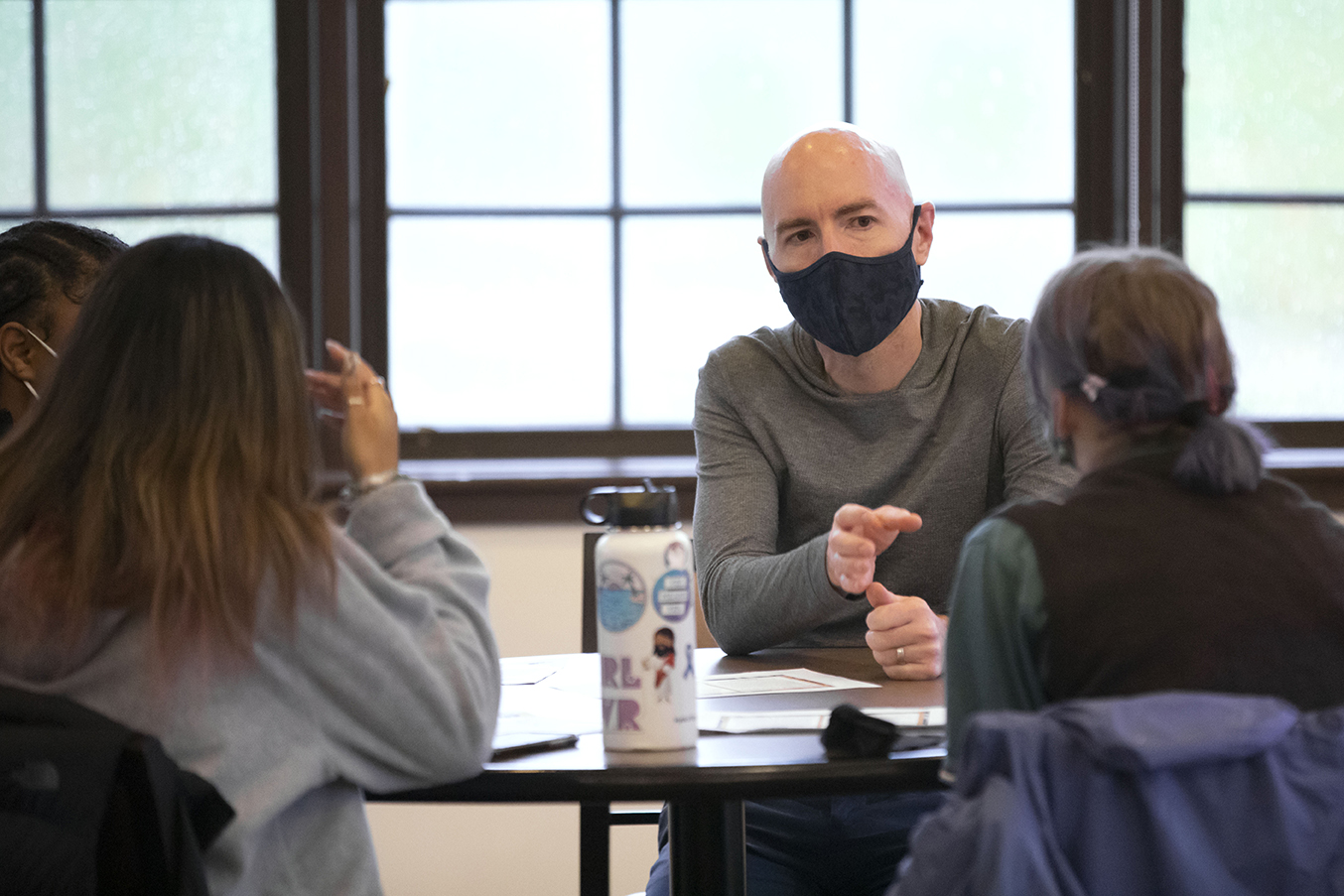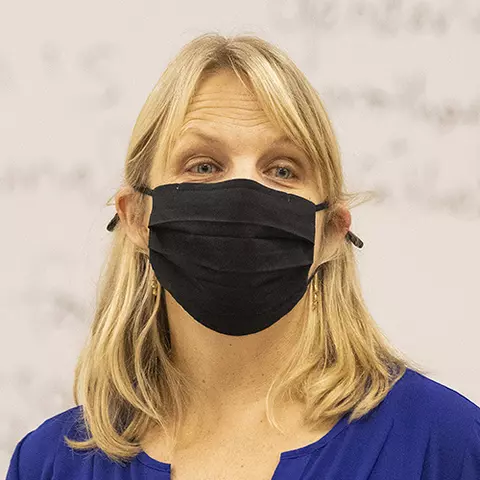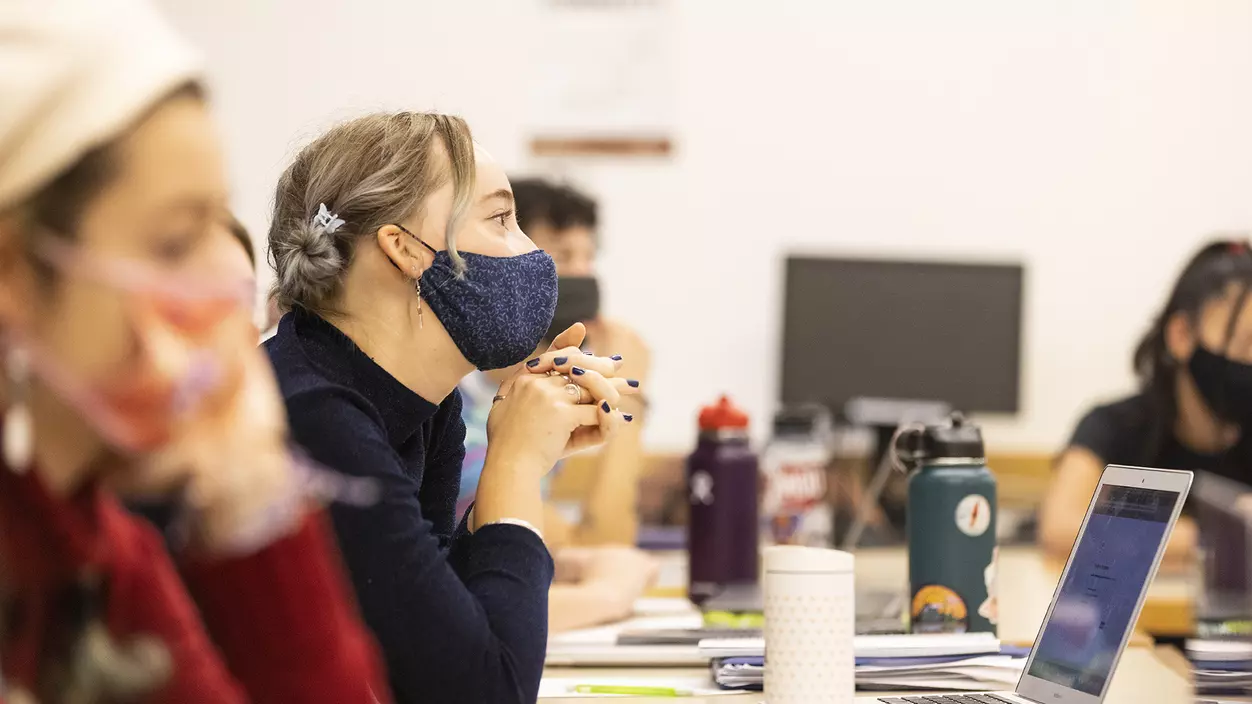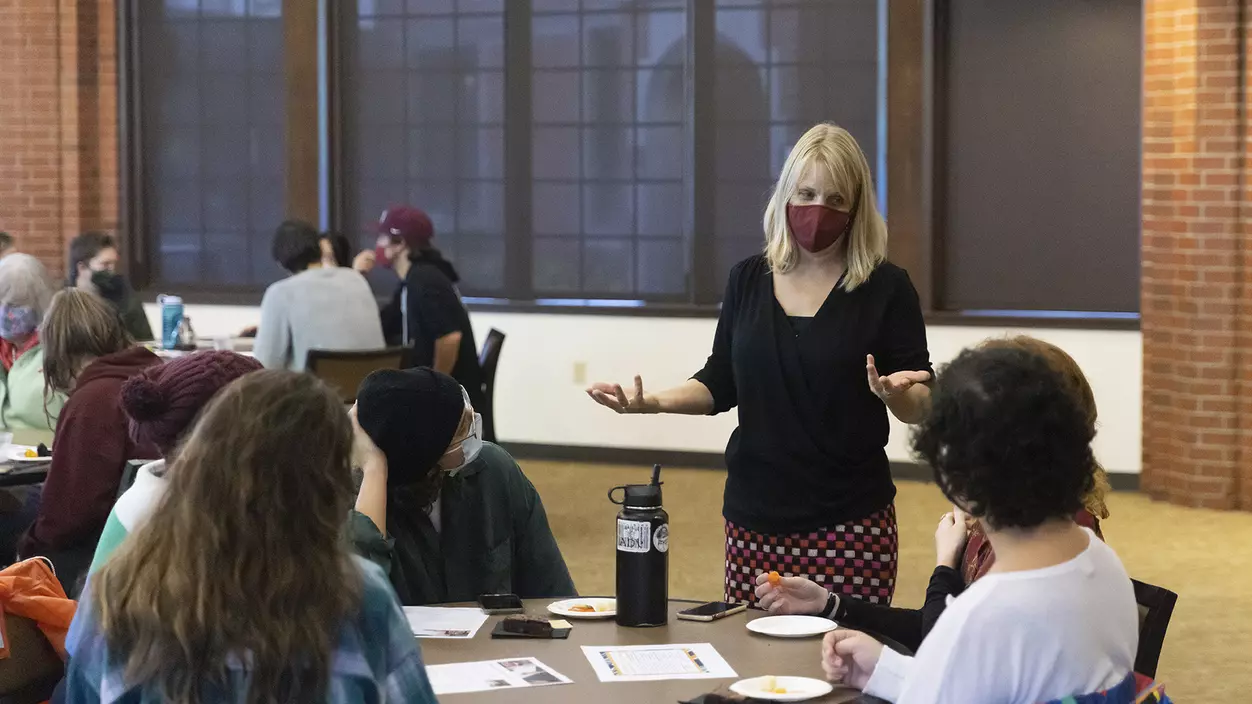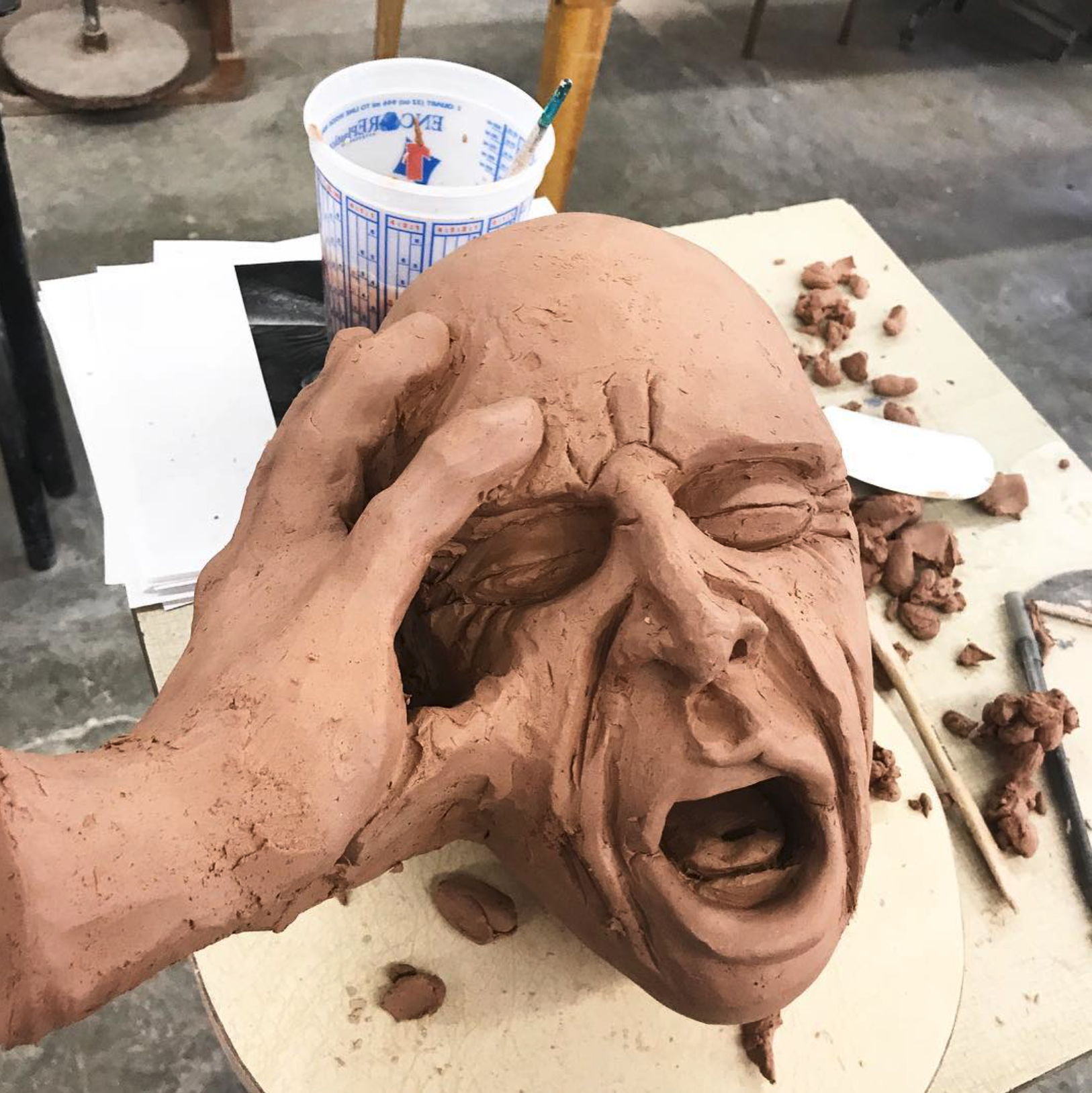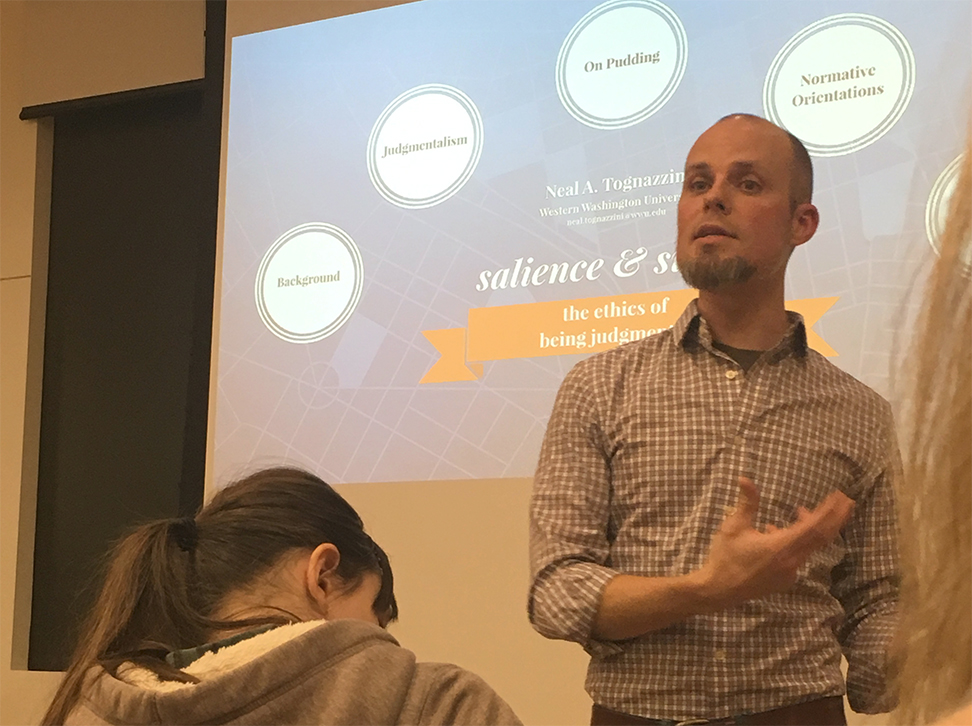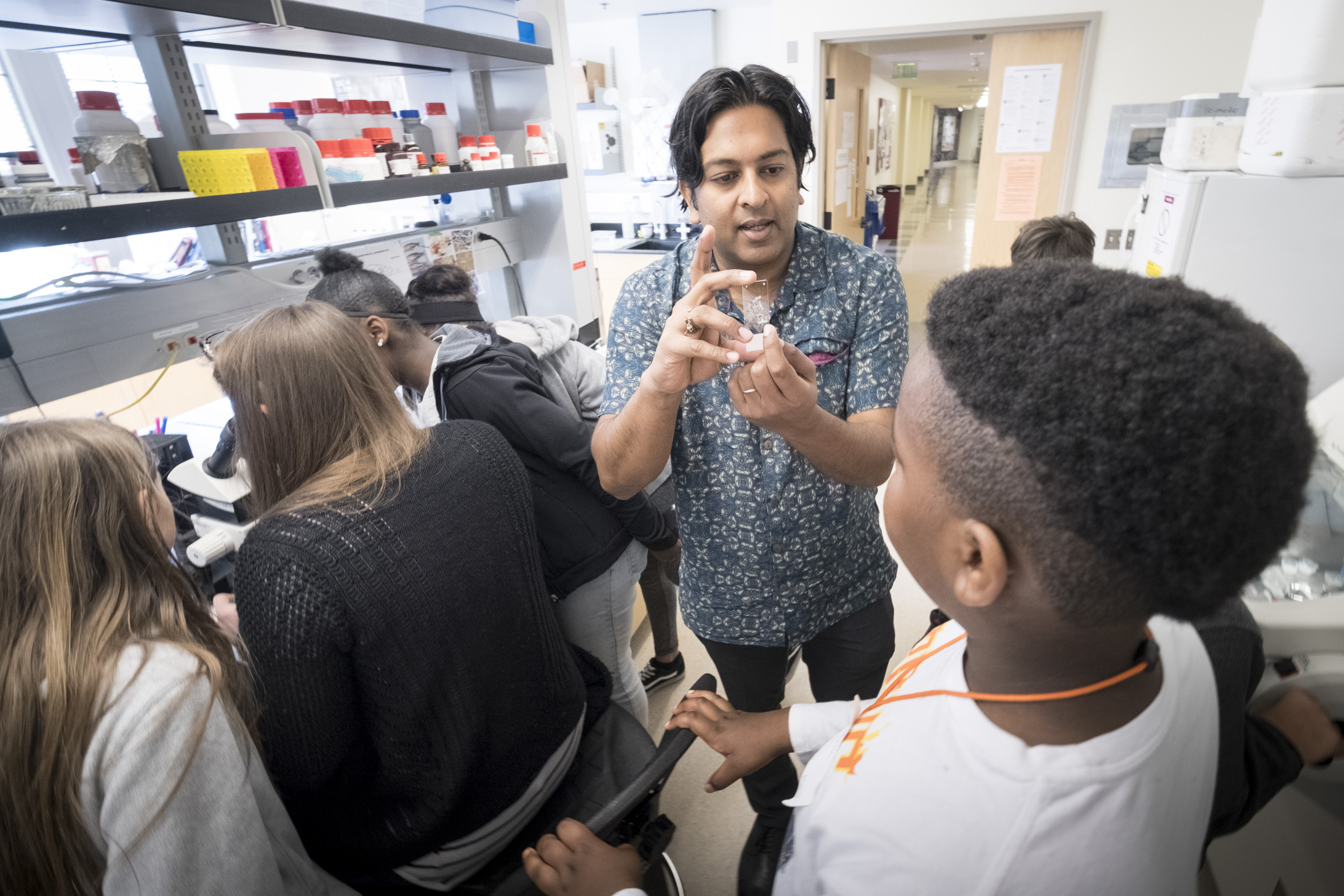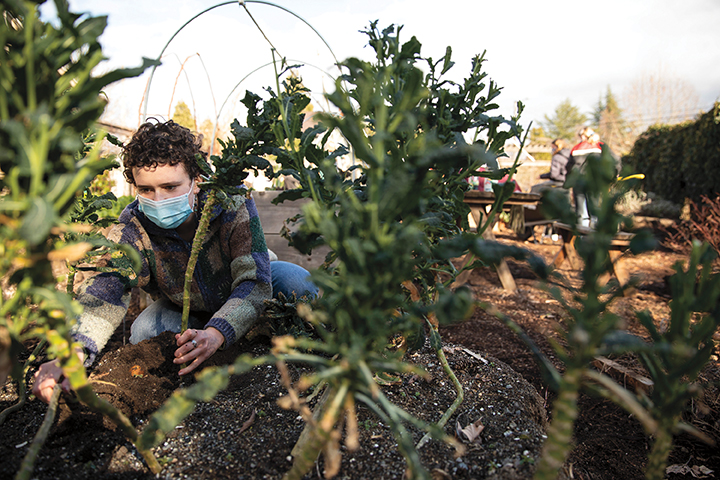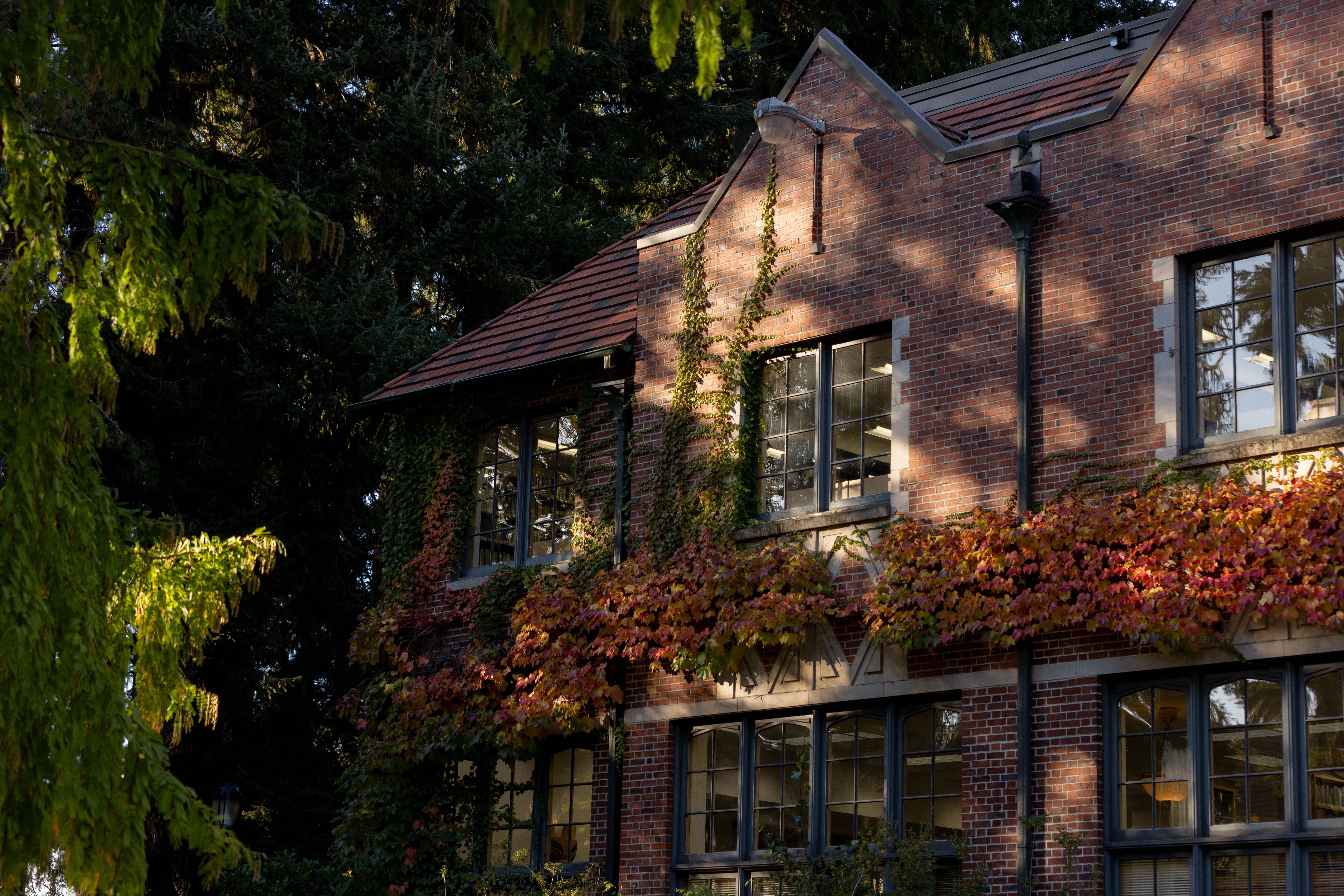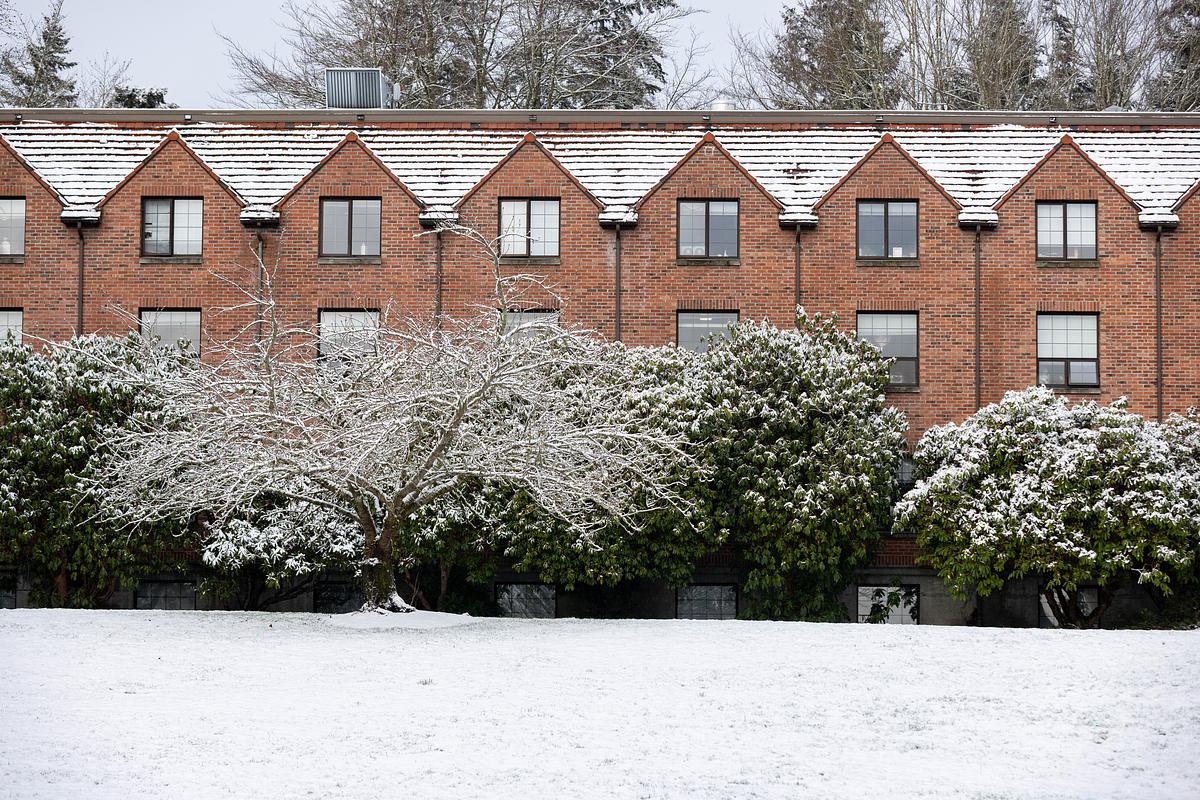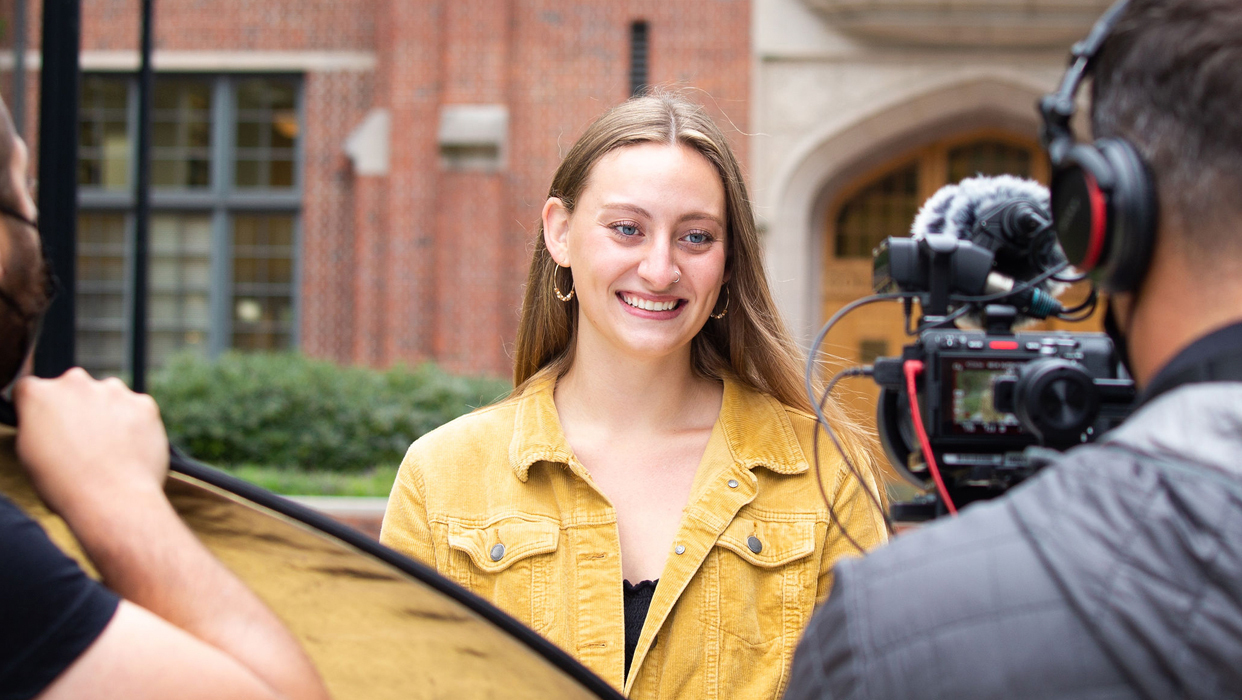Puget Sound’s new academic program invites students to dive into the worlds of social justice and the inequalities of the U.S. legal system
Police brutality incidents, such as the murders of George Floyd and Breonna Taylor in 2020, have made the issues surrounding policing and racism more visible than ever before. The social movements sparked by these incidents, and dozens like them in the last decade, have caused many, including Puget Sound students and professors, to ask tough questions about the current American justice system. One of those professors is Tanya Erzen, a religion, spirituality, and society professor and longtime advocate of prison and policing reform.
Erzen has created a new crime, law, and justice studies (CLJS) minor, which will allow Puget Sound students to explore issues related to justice and the criminal legal system. Classes in the program begin spring semester 2022—and just nine days after registration began in early November, the two new CLJS-specific courses and their waiting lists were full.
